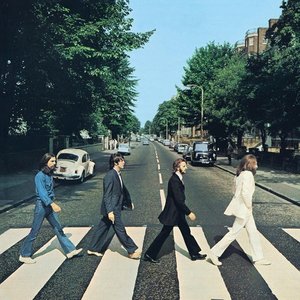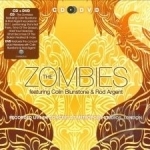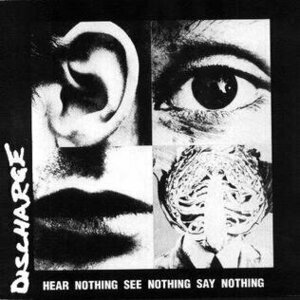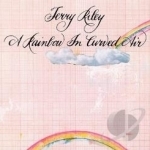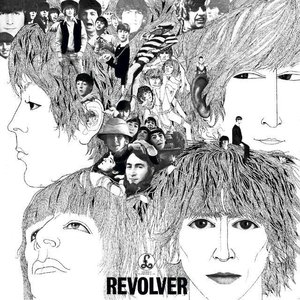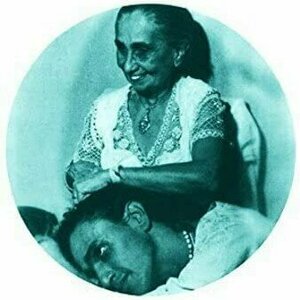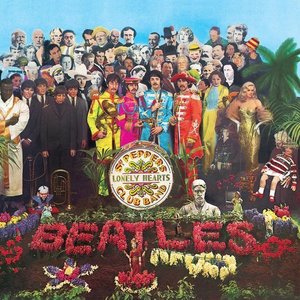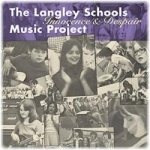Search
Jarvis Cocker recommended Abbey Road by The Beatles in Music (curated)
James Bagshaw recommended track Care Of Cell 44 by The Zombies in Recorded Live in Concert at Metropolis Studios, London by The Zombies in Music (curated)
Mark Arm recommended Hear Nothing, Say Nothing, See Nothing by Discharge in Music (curated)
Jonathan Donahue recommended Rainbow in Curved Air by Terry Riley in Music (curated)
Noel Gallagher recommended Revolver by The Beatles in Music (curated)
David Byrne recommended Muito (Dentro Da Estrela Azulada) by Caetano Veloso in Music (curated)
Daniel Boyd (1066 KP) rated Sgt. Pepper's Lonely Hearts Club Band by The Beatles in Music
Nov 2, 2017
One Of The Most Influential Albums Of All Time
The reason that this album is so influential and important to everything that came after it is simple, it was the first true example of what we think of as a concept album today. The album opens with an introduction to what you are about to witness, which is something that had never even been considered before in music. Sgt Pepper’s Lonely Heart’s Club Band was also very meta for its time considering that the first song informs you of the members that this band is made up from and gives you a reason as to why they are performing these songs to you. Equally, ending the album with the Sgt Pepper’s Lonely Heart’s Club Band reprise brings the whole thing full circle, and this formula became what was adopted by concept all albums going forward, The Who followed the same structure, as did Pink Floyd and Green Day. Musically, the record continued where Revolver, (the previous album,) left off, engraining the Beatles as pioneers in psychedelic music. Songs such as, ‘Lucy in the Sky With Diamonds,’ and ‘Within You, Without You,’ where more far out than any other psychedelic musical piece had been before. Then you have tracks such as ‘When I’m Sixty Four,’ and ‘Getting Better,’ which utilize classical instruments normally found in orchestral music. This totally rewrote the rules on what a pop song could do. Every song on Sgt. Pepper is a masterpiece and each earns that title both on an individual basis and as part of a whole and all for their own unique reasons. There is also the fact that the album contains what I consider to be the band’s greatest song, ‘A Day In The Life.’ It is the final track on the album, often considered an epilogue, as the album officially ends with the reprise of Sgt Pepper’s Lonely Heart’s Club Band and forty years later, it still sends tingles down the spine of anyone that has the honor to listen to it. Lennon’s parts bookend the track while the middle section belongs to McCartney. As is the case with the rest of the album, the song points out the juxtaposition of Lennon’s narcissistic realist view on the world versus McCartney’s brighter more optimistic outlook on life. Then the song ends with a beautifully chaotic climax of instruments all playing together, building from their respective lowest notes to their highest. It so clearly ends the album, there is no fade out, its everything coming together and playing simultaneously and then stopping all in unison, a very purposeful and definite way to end an album.
Even when the album is over the Beatles are still innovating by including a creepy loop within the groove of the album, implemented to give listeners a fright as they only expect to hear silence after the climax of ‘A Day In The Life.’ After a few moments of peace, a high pitched frequency is heard followed by a peculiar mix of abstract sounds all at once. Even after all this time, after the ridiculously high number of times that I’ve listened to the record and although I know to expect the sound before it happens, it’s still chilling to this day. This was the first time that a band intentionally included hidden sounds on an album, making listeners sit through a few seconds of silence to hear it. People claim that this album is overrated, but there is a reason that it is held in such high regard and whether you think this album deserves its legendary status or not, it is impossible to debate the fact that it is probably the most important album ever recorded. Everything from the album artwork to the music and the lyrics is still extremely relevant and important, even in this current digital age of music.
Even when the album is over the Beatles are still innovating by including a creepy loop within the groove of the album, implemented to give listeners a fright as they only expect to hear silence after the climax of ‘A Day In The Life.’ After a few moments of peace, a high pitched frequency is heard followed by a peculiar mix of abstract sounds all at once. Even after all this time, after the ridiculously high number of times that I’ve listened to the record and although I know to expect the sound before it happens, it’s still chilling to this day. This was the first time that a band intentionally included hidden sounds on an album, making listeners sit through a few seconds of silence to hear it. People claim that this album is overrated, but there is a reason that it is held in such high regard and whether you think this album deserves its legendary status or not, it is impossible to debate the fact that it is probably the most important album ever recorded. Everything from the album artwork to the music and the lyrics is still extremely relevant and important, even in this current digital age of music.

Radio Pro HQ
Music and Entertainment
App
"Radio Pro HQ" is a modern internet radio receiver that enables you to listen lots of internet radio...

Radio HQ (lite version)
Music and Entertainment
App
"Radio HQ (lite version)" is a modern internet radio receiver that enables you to listen lots of...
